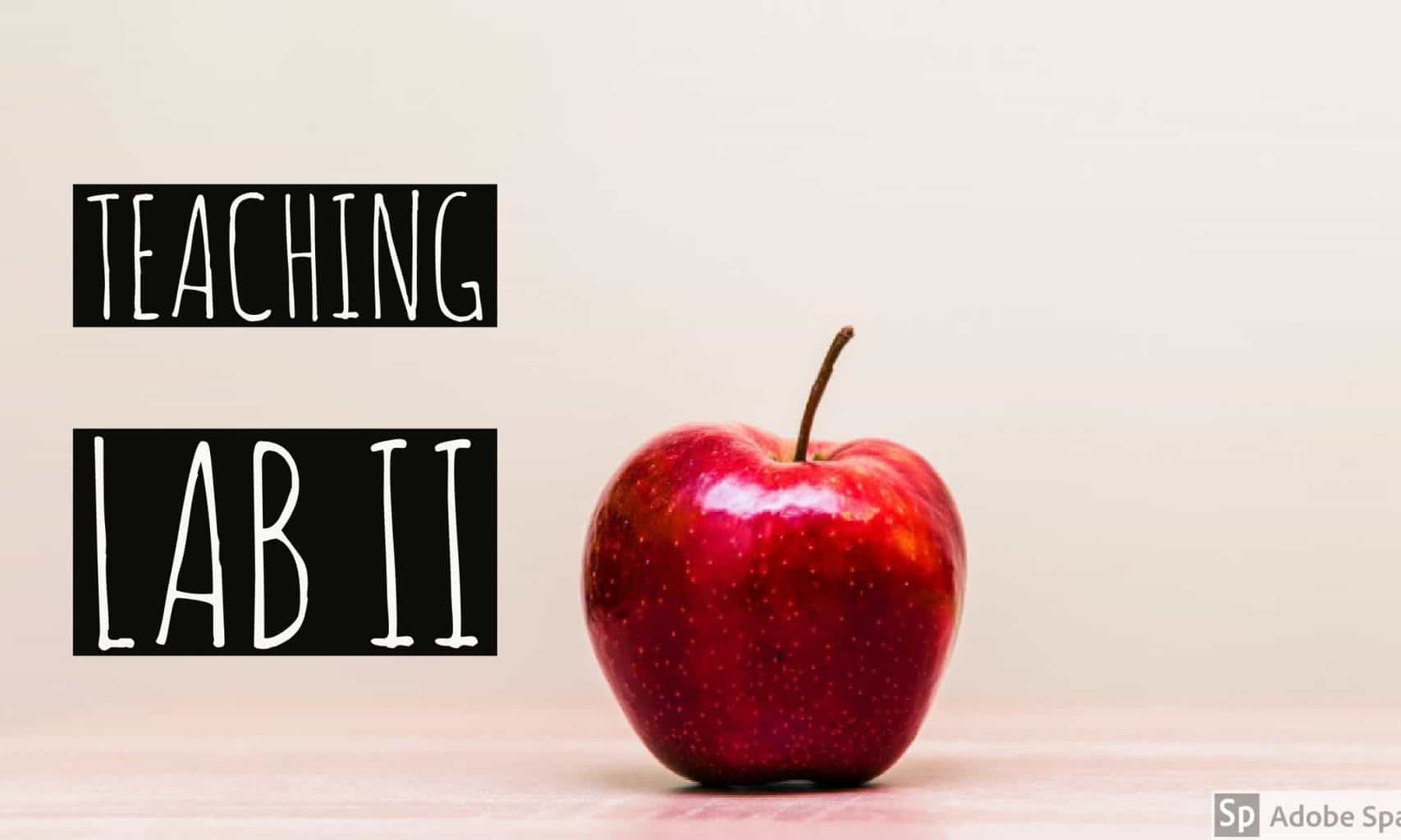This week we will finalize our lessons for inclusion into our collaborative iBook. You will also have some class time to transfer your contribution to our Holocaust Memorial Project into your final blog post. It could include the material you created or your reaction to the PBL approach. Don’t forget to add a link to the Memorial project site so visitor can be directed to the site
Here’s a good example of combining the content with a brief explanation of your intent. It even includes a nice header image. Remember this is your digital portfolio!
Please note if you used an HTML snippet to embed content in the Memorial project site, you will need to create another HTML snippet at edmethods.
TECHNICAL ASPECTS
The iBooks will be designed using iBooks Author in the digital lab in the library. Students will bring digital versions of their project content – including all image and sound files, text files, citations and URLs. Here’s a quick guide to managing your files to get ready for iBooks Author: edMethods Teachers’s Tool Kit: iBooks Author
I’ve created a YouTube channel with some short tutorials that students may wish to refer to. See iBooks Author Tips.
END OF SEMESTER CHECKLIST
- Complete course assessment at SmartEvals
- All blog posts completed – see list here. Don’t forget your Memorial post.
- Finished iBook Author file uploaded to our shared Google Drive
- When in iBooks Author you can create a PDF version – Select Share / Export / Then choose PDF. Then take your PDF and upload to TaskStream for final assessment.
Featured image credit: Adobe Spark





